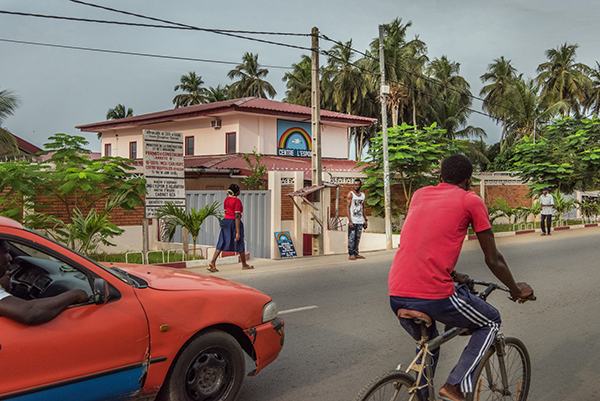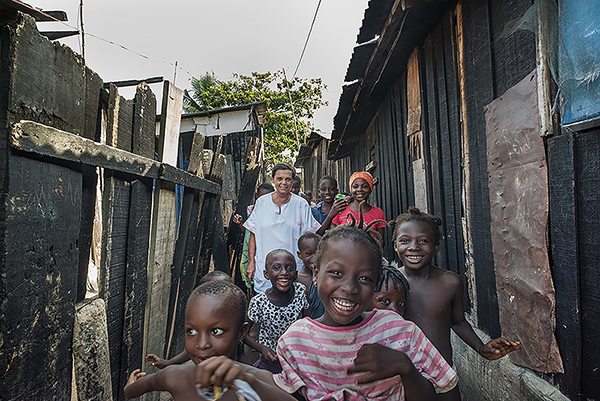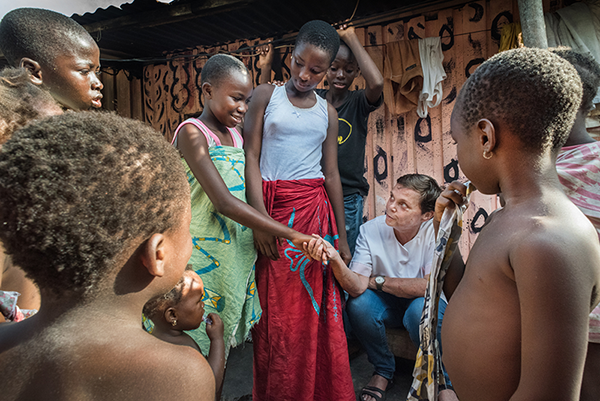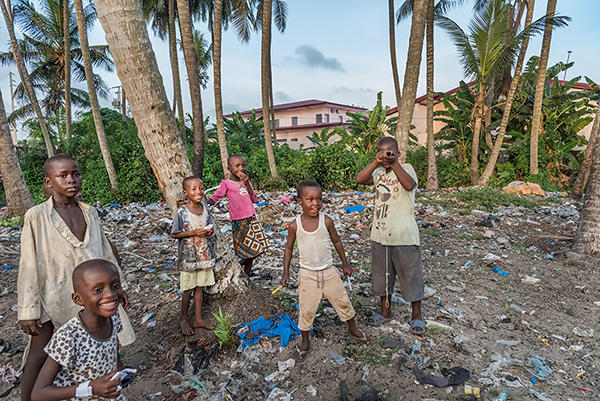Dear Sponsors
Time slips through my fingers. It's always been like that, but for a few years now this impression has increased. In the past, everything was always doable, but lately I've been increasingly feeling like I'm getting nowhere. I'm sure it has to do with the years I've lived. I've been married to Aziz for fifty-one years now, we've raised three children, had three grandchildren, and meanwhile we've been realising our project: The Centre of Hope. Yes, a lot has come together. I don't want to miss any of it.










